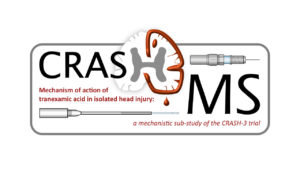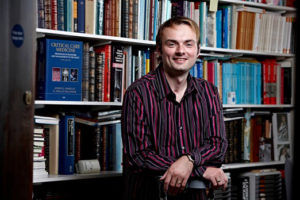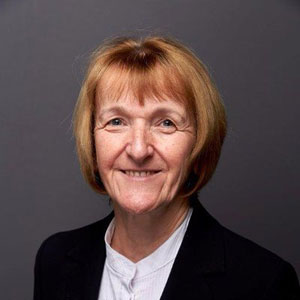More than 70 delegates attended the NIHR Surgical Reconstruction and Microbiology Research Centre (SRMRC) Dissemination and Networking Day at Queen Elizabeth Hospital Birmingham (QEHB).
Staged to showcase the cutting-edge work that has been undertaken during the first five years of the QEHB-based trauma research centre, the day featured a packed programme of presentations.
Topics covered included the need for research to inform a more evidence-based approach to pre-hospital trauma care; investigating the invasive fungal infections that affect wounds; fighting bugs with modified kitchen cupboard agents such as honey and vinegar; and work on reducing scars, including the creation of smart dressings.
The keynote speech was made by Ian Roberts, Professor of Epidemiology & Public Health and co-director of the clinical trials unit at the London School of Hygiene & Tropical Medicine, who spoke about the role of clinical trials in trauma care.
“There are more than five million deaths each year from trauma, more than 1.7 times the number from HIV, malaria and tuberculosis combined,” he said.
“It’s a big problem and it’s getting worse. Worldwide the burden of trauma has increased because, basically, the developing world is motorising really rapidly and there’s a huge epidemic of car crashes.”
Despite this growing burden, though, Professor Roberts argued that the sheer size of the problem was not enough, in itself, to justify more research expenditure and urged researchers to concentrate on value for money.
“We mustn’t say trauma care needs more money simply because it’s such a big problem,” he explained.
“The burden isn’t really a good enough reason or a strong enough argument for doing clinical trials. The arguments have to be about the potential cost-effectiveness of the intervention or the cost-effectiveness of the research.
“Don’t be a champion for your disease – be a champion for cost-effective interventions.”
SRMRC director, Professor Tony Belli, said: “The day was a great opportunity to show colleagues, partners and collaborators the great breadth and depth of ground-breaking research that we are undertaking at the centre and the potential benefits that it could yield for patients in the future.”





